Apple sues startup for poaching engineers with knowledge of key chipset information
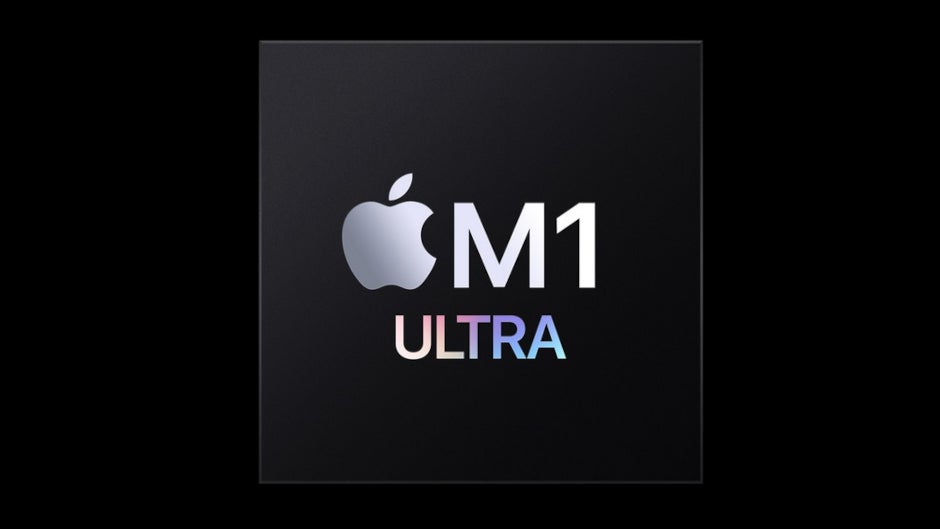
Apple has become a formidable chip designer with its Application Processors (AP) delivering power and energy conservation. The Cupertino, California-based Apple designs the A-series chips used on its mobile devices like the iPhone and its newer M-series chips that replaced the Intel processors used on the Mac. Like the A-series chipsets, the M-series is built using Arm's architecture and TSMC's 5nm process node.
The M-series is known for its high transistor count. For example, the M1 Ultra (which is made up of two connecting M1 Max chips) sports 114 billion transistors. Compare that to the 15 billion transistors found in the A15 Bionic chip that powers the iPhone 13 series. Apple is currently using its M1 chip (with 16 billion transistors) on two of its iPad tablets: the iPad Pro and the iPad Air.
Apple's reputation as a chip designer has greatly improved
Apple's reputation as an outstanding chip designer has resulted in the company accusing a startup firm called Rivos of poaching Apple engineers that have access to proprietary information used in the production of Apple's chips. The firm believes that former Apple employees, as part of Rivos' recruiting plans, were asked to steal some of its intellectual property so it could be used by Rivos.
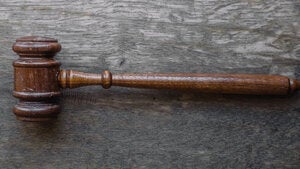
Former Apple employees were told to use various methods to transfer stolen data to Rivos.
In its complaint filed with the court, Apple wrote, "Starting in June 2021, Rivos began a coordinated campaign to target Apple employees with access to Apple's proprietary and trade secret information about Apple's SoC designs." Apple responded by sending a letter to Rivos that explained the confidentiality agreement that Apple's former employees must adhere to but received nothing in return from the startup.
In the complaint, Apple explains the various ways that its former employees passed along to Rivos the gigabytes of information about Apple's proprietary designs and trade secrets. The use of multiple USB storage devices was one way that Apple's former employees transferred data from Apple to their personal mobile devices. Another method used by former Apple employees to transfer Apple's secret chip plans was the use of Apple's AirDrop feature to send files to personal devices (such as an iPhone) owned by Rivos employees.
Presentations for upcoming and unreleased Apple chipsets in files that were marked "Apple Proprietary and Confidential" were made available to Rivos by former Apple employees. And Apple accuses Rivos of telling its former employees which apps to install on their personal devices so that they can transfer proprietary Apple information to Rivos using encrypted data.
Apple seeks to recover its trade secrets, protect them from further disclosure, and uncover how Rivos planned to use them
Apple said that it "welcomes and values open competition and the innovation that can result. But that competition cannot be built on the back of trade secret theft. The sheer volume of
information taken, the highly sensitive nature of that information, and the fact that these employees are now performing the same duties for a competitor with ongoing access to some of
Apple's most valuable trade secrets, leave Apple with few alternatives."
information taken, the highly sensitive nature of that information, and the fact that these employees are now performing the same duties for a competitor with ongoing access to some of
Apple's most valuable trade secrets, leave Apple with few alternatives."
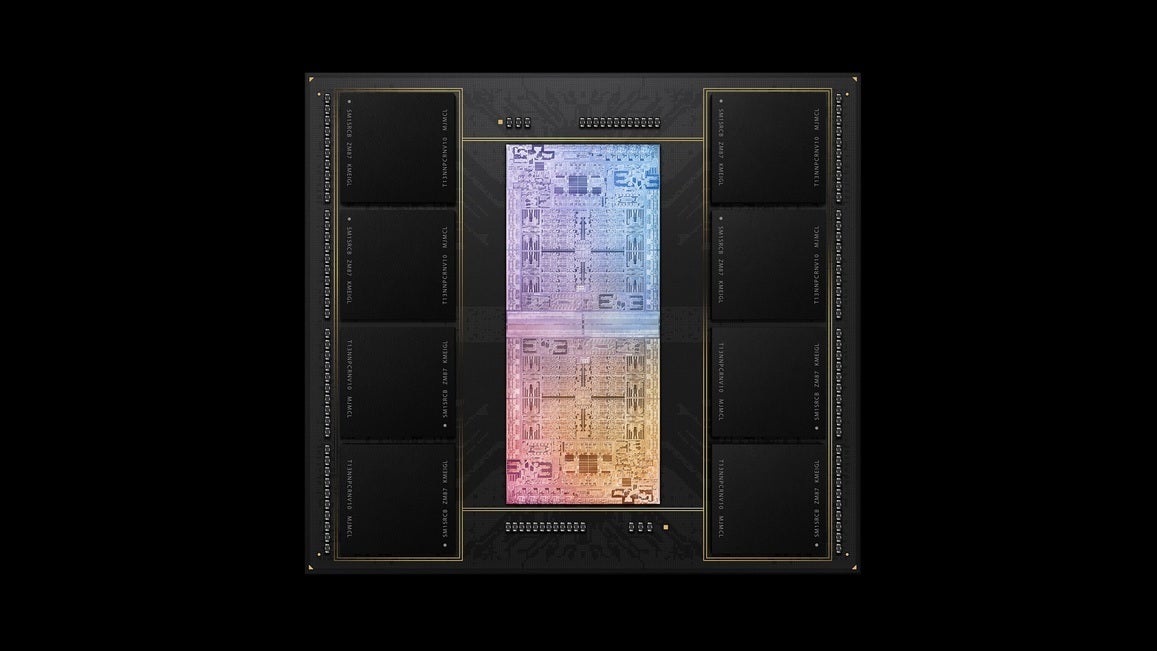
Each Apple M1 Ultra chip carries 114 billion transistors
"If Apple does not act to protect its most sensitive secrets now, Apple could lose trade secret status over them entirely. That outcome is untenable given Apple’s extensive investments of time and resources into its SoC programs," the tech giant explained.
Besides naming Rivos as a defendant, Apple includes two former employees, Wen Shih-Chieh a/k/a Ricky Wen and Bhasi Kaithamana as defendants. In the lawsuit Apple says that it "aims to recover its trade secrets, to protect them from further disclosure, and to uncover the full extent of their use to try to mitigate the harm that has and will occur."
Apple is asking the judge for a trial by jury and is seeking the following:
"Judgment in Apple’s favor and against Defendants on all causes of action
alleged herein;
alleged herein;
b. Damages sufficient to compensate for the actual loss caused by
Defendants’ trade secret misappropriation;
Defendants’ trade secret misappropriation;
c. A further award of monetary recovery for any unjust enrichment caused by
Defendants’ misappropriation of the trade secrets;
Defendants’ misappropriation of the trade secrets;
d. In lieu of damages measured by any other methods, a reasonable royalty
for Defendants' misappropriation of trade secrets;
for Defendants' misappropriation of trade secrets;
e. Exemplary damages, based on Defendants' willful and malicious
appropriation of trade secrets;
appropriation of trade secrets;
f. For the entry of a Preliminary and Permanent Injunction against
Defendants to prevent the actual or threatened misappropriation of Apple's
trade secrets;
Defendants to prevent the actual or threatened misappropriation of Apple's
trade secrets;
g. For an Order directing Defendants to return all of Apple’s property in their
possession, custody, or control and cease any access to or use of Apple's
trade secrets;
possession, custody, or control and cease any access to or use of Apple's
trade secrets;
h. For prejudgment and post-judgment interest at the maximum legal rate as
applicable, as an element of damages that Apple has suffered as a result of
Defendants' wrongful and unlawful acts;
applicable, as an element of damages that Apple has suffered as a result of
Defendants' wrongful and unlawful acts;
i. For reasonable attorneys' fees and costs incurred herein as allowed under
the Defend Trade Secrets Act; and
the Defend Trade Secrets Act; and
j. For such other and further relief as the Court deems just and proper."
Follow us on Google News


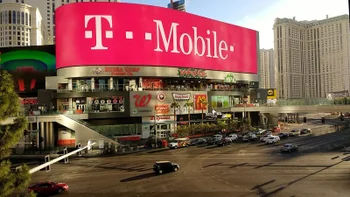
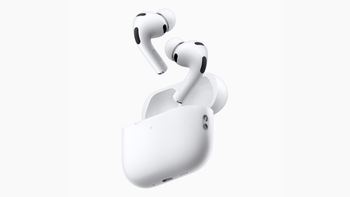
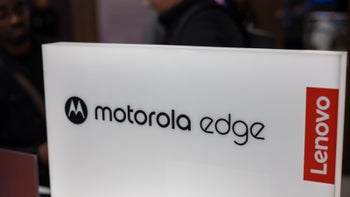
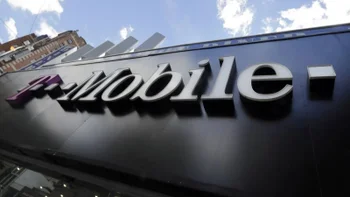
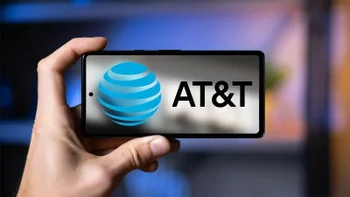
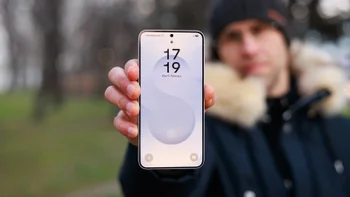
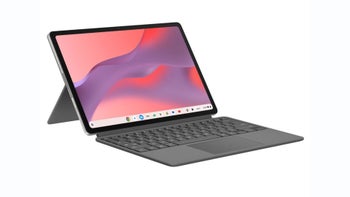

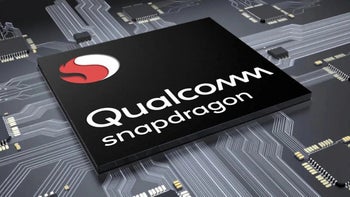
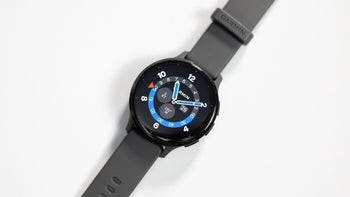
Things that are NOT allowed:
To help keep our community safe and free from spam, we apply temporary limits to newly created accounts: